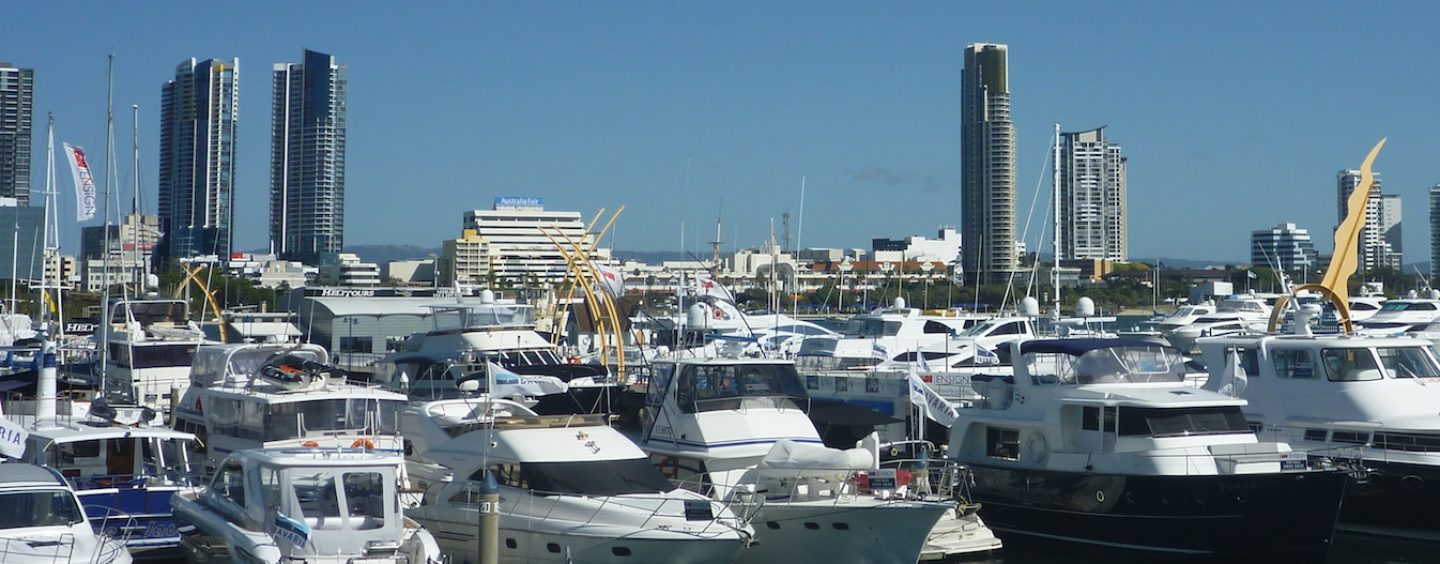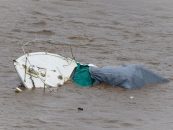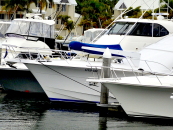There are many rules of thumb that different people follow to distinguish a boat from a ship (and from a yacht). What is yours?
Vessel – The word “vessel” comes from the Old French vessel, which meant a container. The Old French vessel also refers to a ship. The same word came from the Latin vascellum that refers to a small vase, and also to a ship.
In modern day, “vessel” is a catchall term to describe a floating object used for the carriage of people or goods. Hence, vessel refers to ships, boats, canoes, or any watercraft. It has also been defined as any craft that is capable of floating and moving on water.
Boat – The word “boat” in Old English comes from bat, from the Proto- Germanic bait—that possibly comes from the term bheid, meaning “to split”, referring to hollowing of the tree trunk. The Yugambeh word gundul/gundal used to refer to a canoe, literally means “bark of tree”.
In modern day, the word “boat”, in nautical speak, refers to “a relatively small water borne vessel.” Some would insist on a definition of a boat as a vessel that can be carried aboard a ship, as a launch. It has been argued that in practical usage, however, a boat is any vessel used for recreation or sport.
“Boat” has also been defined as a small craft or vessel designed to float on, and provide transport over, or under, water. This is a broad definition that includes anything such as a jetski, or even a large ship. Some define it further as a vessel with a hull, as opposed to a life raft. “Boat” is also a naval slang term for a submarine of any size.
Ship – “Ship” comes from the Old English scip, from the Proto-Germanic skipam. Some suggest it originally meant “tree cut out or hollowed out” from the word skei that meant “to cut or split”. In this sense, “boat” and “ship” mean the same.
Historically, a ship referred to a sailing vessel with at least three square-rigged masts and a full bowsprit. In modern day, a ship is defined as a large buoyant watercraft or vessel, used to transport goods or people commercially (or for military purposes). The word ship is more commonly used to refer to a large ocean-going vessel. (Notably, large ocean-going fishing vessels are not referred to as “fishing ships”!) Some distinguish a ship from a boat by its capability to carry a boat or a smaller vessel. This however creates confusion, as a big motorboat, such as a 40-footer, can carry one or two small vessels such as a dinghy (incidentally defined as a type of small boat, often carried or towed for use as a ship’s boat by a larger vessel, borrowed from the Bengali ḍiṅgi)—so, does that make it a ship?
Yacht – Interestingly, the word “yacht” is of Norwegian or Dutch origins, both from the German jacht, a short version of jachtship that literally means “ship for chasing”. In its original usage in Norway and Holland, it referred to a light, fast-sailing ship. Technically, can we call a high-powered 6-metre boat a yacht? Modern day usage, however, suggests that “yacht” is a recreational boat or ship, which often connotes power, luxury and expensiveness.
Have you figured out the differences? If not, our suggested rule of thumb is to ask the captain, then refer to the vessel the same way the skipper or captain refers to it.
Compiled by Roselle Tenefrancia






























